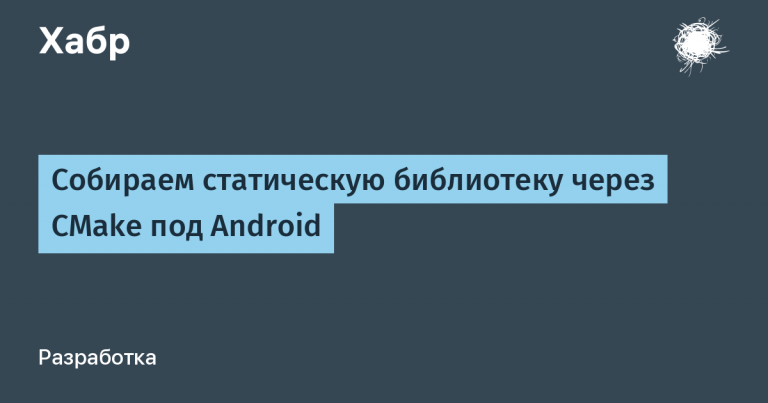The capital's Krasin College is implementing its own developments based on a neural network
Teachers and students Moscow College of Creative Industries named after L. B. Krasin created a chatbot based on GPT-3.5, and an interactive game about the future of the creative industry based on other artificial intelligence technologies. This will help teach teachers how to work with large language models of neural networks that imitate human speech, maintain a dialogue or create text. In addition, the developments will introduce students to the benefits and risks of introducing artificial intelligence into the fields of design and book publishing.
Krasin College is a platform for piloting innovative solutions in the field of education. Last academic year, several groups of student designers worked with Russian models of generative artificial intelligence as part of mastering a course on creating an identity. The results of this work were transferred to the developers of neural networks. To use neural networks as a pedagogical tool, the teachers of the college created several special educational methods and models, encouraging students to interact with AI as a mentor.
“Just a few years ago, we were sure that automation would only affect routine tasks, without touching creativity. However, today, artificial intelligence has already taken on the execution of some tasks that require a creative approach. And this must be taken into account in the educational process. In order to use neural networks as efficiently as possible, we have created a special chatbot. It will help teachers study and master the basic principles of working with artificial intelligence. We have also developed regulatory documents governing its use in our college, prepared methodological recommendations for the use of the chatbot in various academic disciplines,” said Liana Tabatadze, Director of the Moscow College of Creative Industries named after L.B. Krasin.

The chatbot based on the GPT-3.5 language model was created by logic and philosophy teacher Konstantin Pavlyuts. The new product will help teachers of publishing, design, painting and other fields. Teachers can get examples, tasks and alternative solutions, as well as an assessment of their work and useful comments.
“At the first stage, the development team collected information about what functions and capabilities the bot should have. To do this, they interviewed teachers and students to understand their needs. Students actively tested the bot: they used it to complete various tasks in their profile and provided feedback. Based on the information received, we refined it. The team conducted several iterations, testing new functions and fixing errors. This helped to ensure that the bot works correctly and meets user requests,” says Konstantin Pavlyuts.
In addition, the teacher, together with his colleague, teacher of additional education Elena Naumova, and students created an interactive game about the future of the creative industry. It included discussions about the moral challenges posed to people by the active implementation of generative artificial intelligence in the areas of design and book publishing. The study touched on the topics of fake images, the use of other people's data, the relevance of professions and the ethics of AI.
The game, in which everyone can feel like a book publisher or designer, is available on the website Museum of Professional Education Moscow College of Creative Industries named after L.B. Krasin. It was highly appreciated by partner employers. Thus, Maria Ryavina, director of production of the publishing service, noted the thoughtful approach to understanding the influence of artificial intelligence on creative industries, well-thought-out illustrations and navigation, as well as high-quality visualization of the project.
Detailed information about in-demand professions and specialties taught in the capital's colleges can be found on the portal “School. Moscow”in the section “Colleges”in the telegram channel “Colleges of Moscow” and the community of the same name on the social network “VKontakte”.





